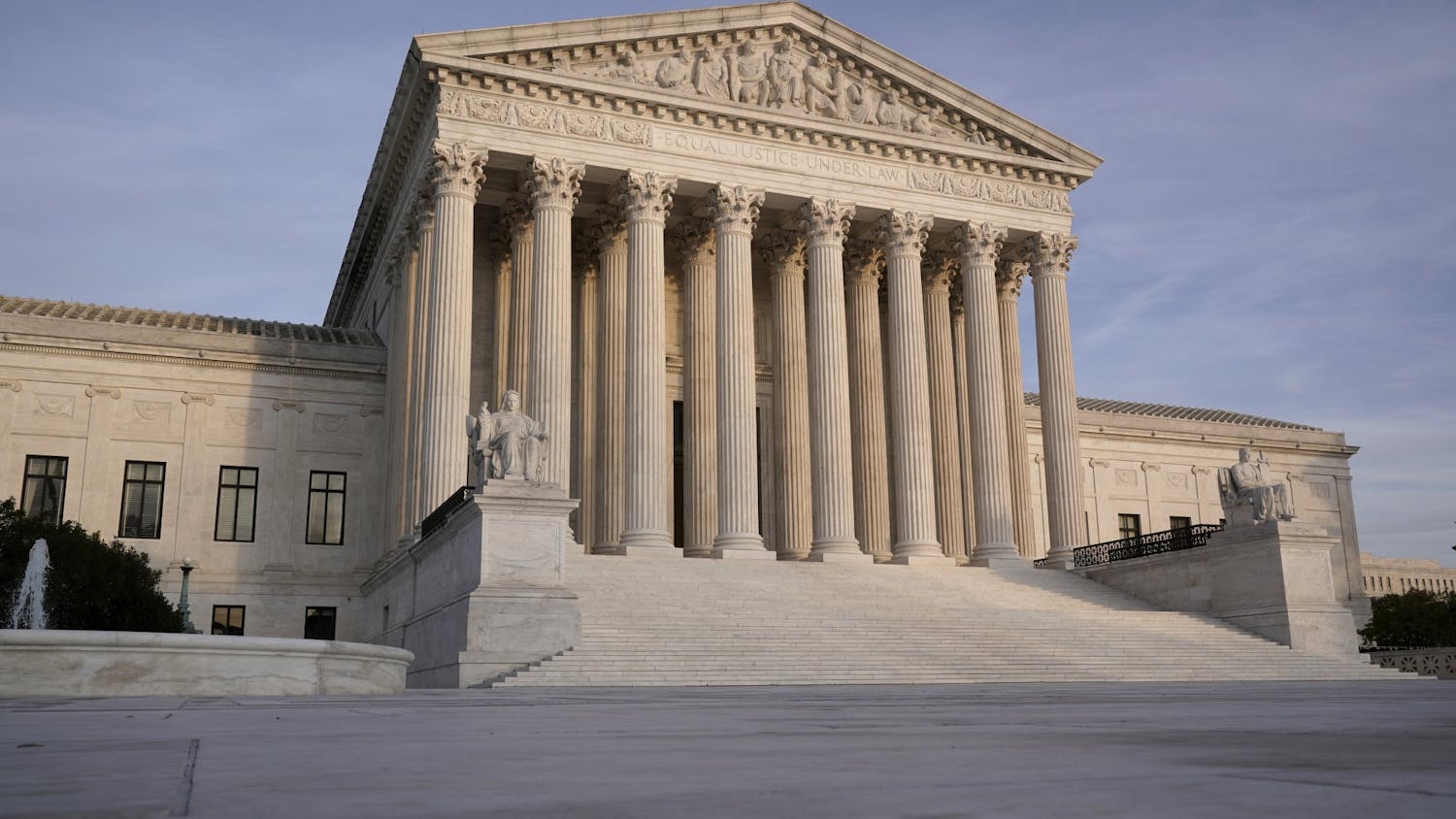Umesh Sankuratri said prospective students who were involved in past criminal activity should still be considered for admission to higher education.
“I think with time people change,” the 23-year-old electrical and computer engineering masters graduate said. “It doesn’t mean that a person is the same as he was ten years back.”
On May 9, Secretary of Education John King sent a letter to America’s colleges and universities and asked them to remove questions about criminal history from early stages of the admissions process.
“Allowing these Americans to achieve success by providing access to quality education and training opportunities is wise criminal justice policy, smart economics, and a critically important investment in our future,” King wrote.
Requiring criminal justice information on applications can deter potentially well-qualified applicants from completing the admission process, according to the U.S. Department of Education website.
In its Beyond the Box Resource Guide, the department recommends alternative options, such as delaying the request for criminal justice involvement until after an admission decision, or giving the prospective student a chance to explain his or her history and readiness for high education.
Chris Loschiavo, the associate dean of students at UF, said the university has a section for criminal activity on its admission application — as it should.
“I don’t think that having any criminal history should necessarily completely ban someone from enrolling at the University of Florida,” Loschiavo said, “but I do think there are some crimes that do warrant us to take a second look to determine whether or not that person is a good fit for our community.”
Some actions are too moderate for consideration, and the Office of Admissions may clear students with certain criminal histories, he said.
However, Loschiavo said, anything that involves health or safety concerns, such as driving under the influence, sexual offenses and weapons offenses, are referred to his office.
The university would then ask the applicant for court documents, police reports and other paperwork for Loschiavo and his office to review.
Loschiavo said he can clear or deny the applicant, or he can refer them to his threat assessment team.
When students lie about their histories, they may face disciplinary action or, if they are enrolled, their admissions can be revoked, he said.
Law enforcement officials, counselors, psychiatrists, the dean of student’s office, legal counsel and other groups comprise the threat assessment team, which can ultimately decide whether someone is admitted.





